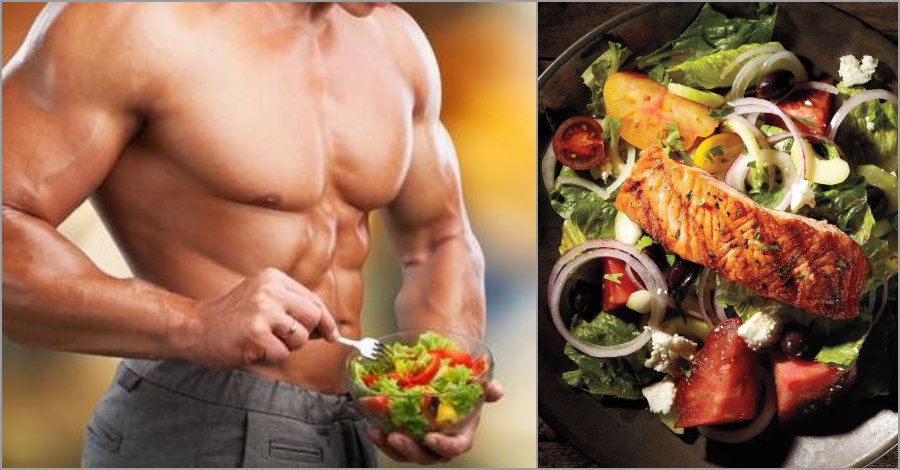As much as we rely on protein powders to build muscle as we are under knowledge that this is of importance, it is not a very effective approach. It can also negatively influence your health in the long term because your body needs a constant supply of good quality whole foods, these aid the body function properly and sustains lean muscle growth.
To achieve a ripped or even just lean physique then incorporate these foods into your daily diet:
1. Eggs:
Egg Overview: 3 extra large eggs pack 255 calories, 21g protein, 1g carbs and 18g fat.
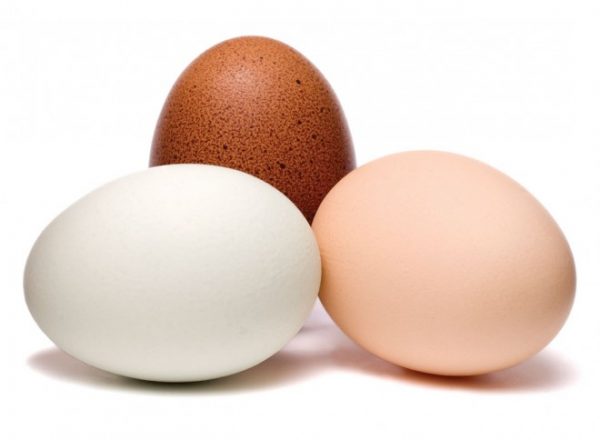
One whole egg contains 6g of high quality protein, large doses of vitamins A, E, K and B (B12, riboflavin and folic acid). They also include minerals like calcium, zinc and iron, plus all eight essential amino acids.
This makes eggs one of the most complete and versatile foods available and one of the crucial muscle building foods! It is essential to eat the yolk because it is full of B12 and healthy (HDL) cholesterol.
2. Organic Beef:
Organic Beef Overview: 8oz of 90% lean ground organic beef comes with 392 calories this is the equivalent to 48g protein, 0g carbs and 22g fat.

Beef is another major food in a bodybuilder’s diet, this is because it packs a lot of protein, cholesterol and saturated fat. All of this contributes to maintaining high testosterone levels. But opting for the organic version can help you make better gains.
Organic grass fed animals are leaner, grass fed beef has a good fat profile, containing mostly “neutral” saturated fat that does not threaten cardiovascular health, this has more conjugated linoleic acid (CLA) and omega-3 fatty acids than regular beef.
3. Salmon:
Salmon Overview: 8oz of Atlantic salmon pack s 416 calories, 45g protein, 0g carbs and 24g fat.

This fish is an excellent source of muscle building protein and healthy fats such as omega-3 fatty acids, containing less overall fat than most lean cuts of meat. Salmon is a great during cutting phases. You will be able to take in the same amount of protein and still consume fewer calories.
In addition, the omega 3s in salmon can reduce insulin resistance, which would decrease fat storage and boost muscle protein synthesis. It can even be burned for fuel, sparing muscle glycogen. To reap all these benefits and much more try and eat wild salmon.
4. Herring:
Herring Overview: 3oz of herring packs 134 calories which is the equivalent to 15g protein, 0g carbs and 8g fat.
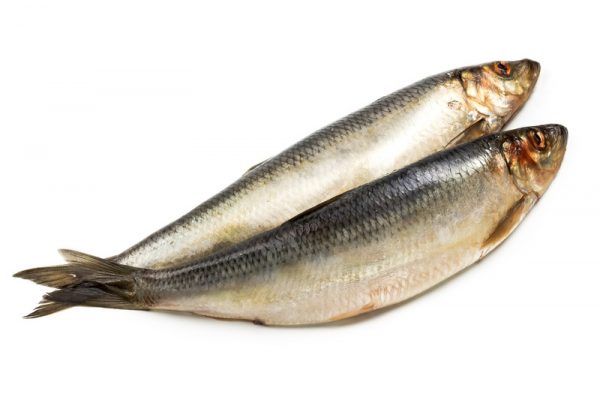
Just like salmon, sardines and trout, herring is low on cholesterol rich in protein and heart healthy omega-3 fatty acids. It is also one of the best sources of creatine and a great source of vitamin D, B12 and selenium. Selenium helps form DNA and acts as an antioxidant to prevent the damage caused by free radicals.
Pickled varieties shouldn’t be a regular part of your diet, because both contain more than 700 milligrams of sodium per serving. Choose plain herring instead and find recipes that can add flavour in a healthy way.
5. Wheat Germ:
Wheat Germ Overview: ½ cup of wheat germ packs 207 calories, 13g protein, 30g carbs and 6g fat.
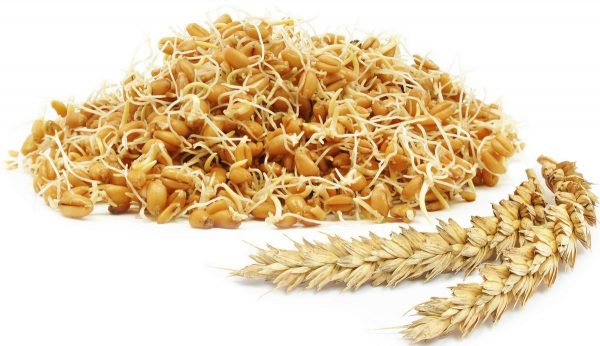
Whenever you want to add some slow digesting healthy carbs to your meal, think of wheat germ, this can be used as breading on chicken and fish, topping for cereals, salads and yogurt. Given that wheat germ is the part of the wheat seed that provides food for growth, it contains large amounts of both protein (33g per cup) and carbohydrates (56g per cup).
If you’re trying to lose fat a zero-carb protein shake will be a better option. But post workout meal, consuming good quality carbs and protein at the same time is very important, so choose wheat germ instead. Wheat germ is also full of zinc, iron, selenium, potassium, vitamins B, arginine, glutamine and fibre.
6. Brown Rice:
Brown Rice: 1 cup of cooked brown rice packs 218 calories, 5g protein, 46g carbs and 2g fat.

Unlike white rice, brown rice has its side hull which are rich in proteins, calcium, magnesium, fibre, selenium, thiamine, potassium and manganese, it has a lower glycemic index than the former so it can help reduce insulin spikes, improve overall health and help you trim your waistline faster.
One cup of brown rice provides 80% of the daily requirements of manganese, which helps the body synthesize fats. It can help you stay full for longer and supply you with energy to last throughout the day. Importantly, it’s high in gamma-aminobutyric acid, an amino acid that can boost growth hormone levels by up to 400%.
7. Watermelon:
Watermelon Overview: 10 oz of watermelon packs 80 calories; 1g protein, 21g carbs and 0g fat.

Watermelon is full of fast digesting carbs that spike insulin levels, which is what you need after a strenuous workout. Both the flesh and the rind of watermelon are extraordinarily rich with the amino acid citrulline, which is easily converted to arginine inside the body.
Besides accelerating recovery, arginine boosts levels of HGH and contributes to bigger gains in muscle strength and size. This refreshing fruit contains other vital nutrients as well, such as vitamins A, B6, C, lycopene, fibre and antioxidants.
8. Spinach:
Spinach Overview: 10 oz of spinach packs 65 calories, 8g protein, 10g carbs and 1g fat.
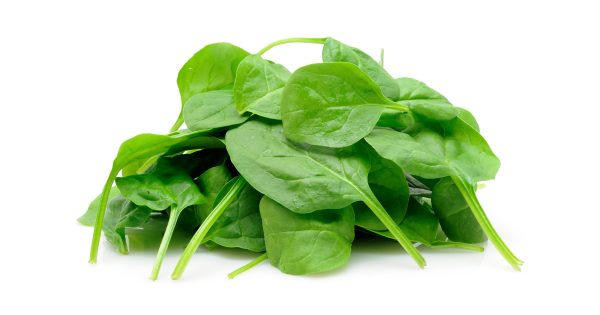
Spinach promotes health through its rich supply of nutrients such as calcium, iron, vitamins C, A, K and antioxidants. It also stimulates weight loss by slowing the digestion of fat and keeping hunger low, it could also help increase muscle strength and size by speeding up the body’s conversion of protein into muscle mass.
This incredibly nutrient dense food is a good source of glutamine, which stimulates HGH production, increases metabolic rate and improves the immune response.
